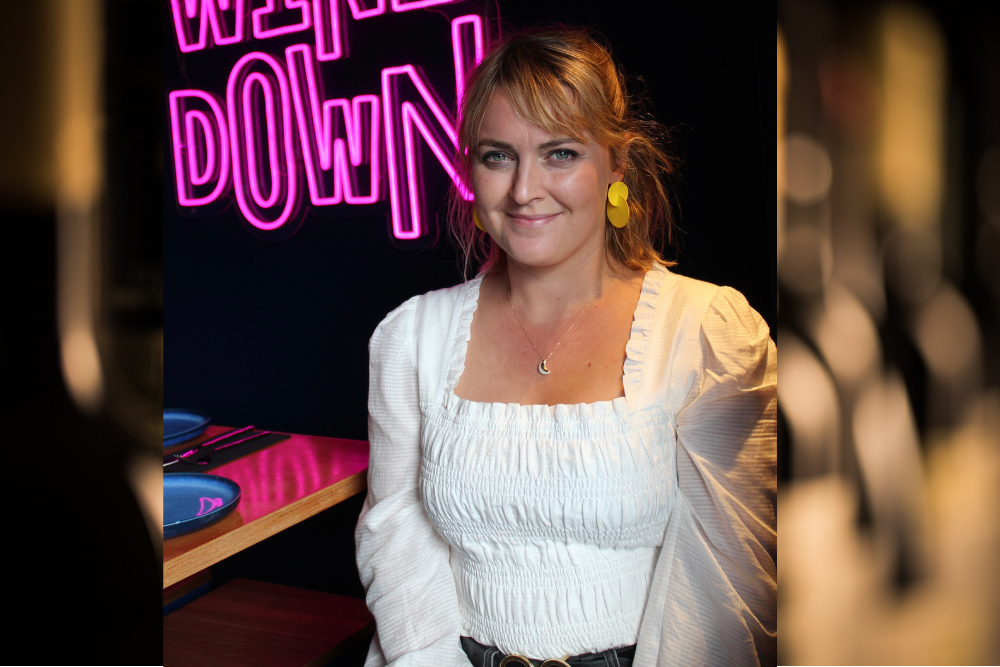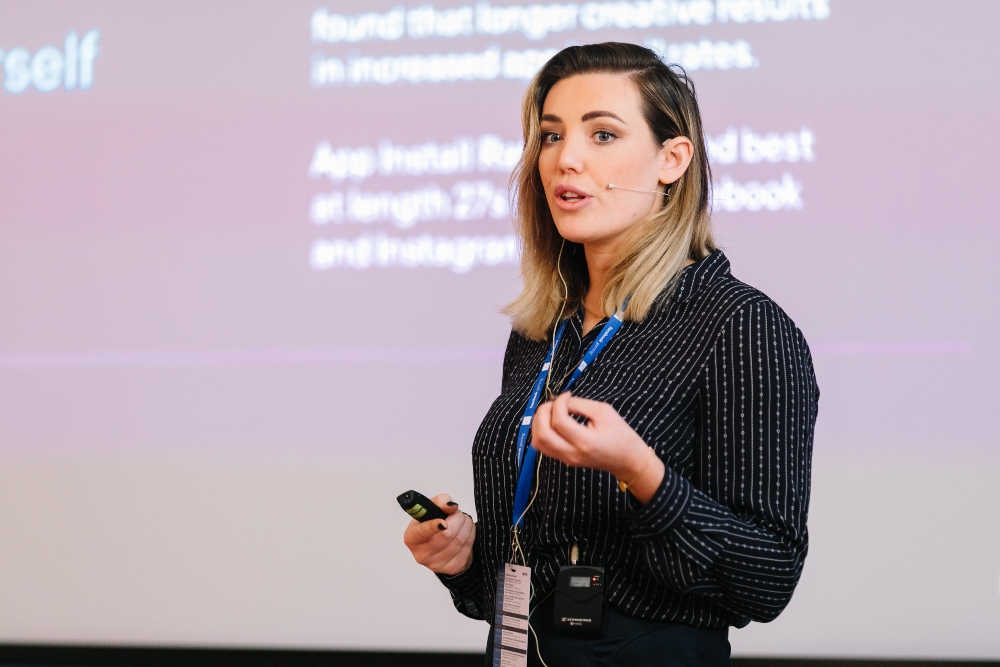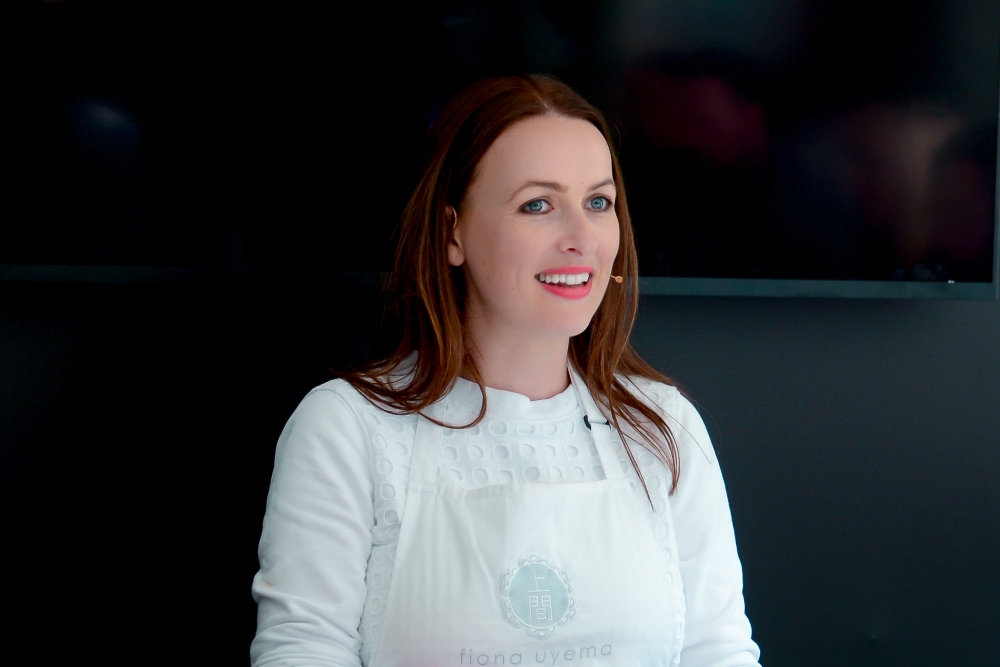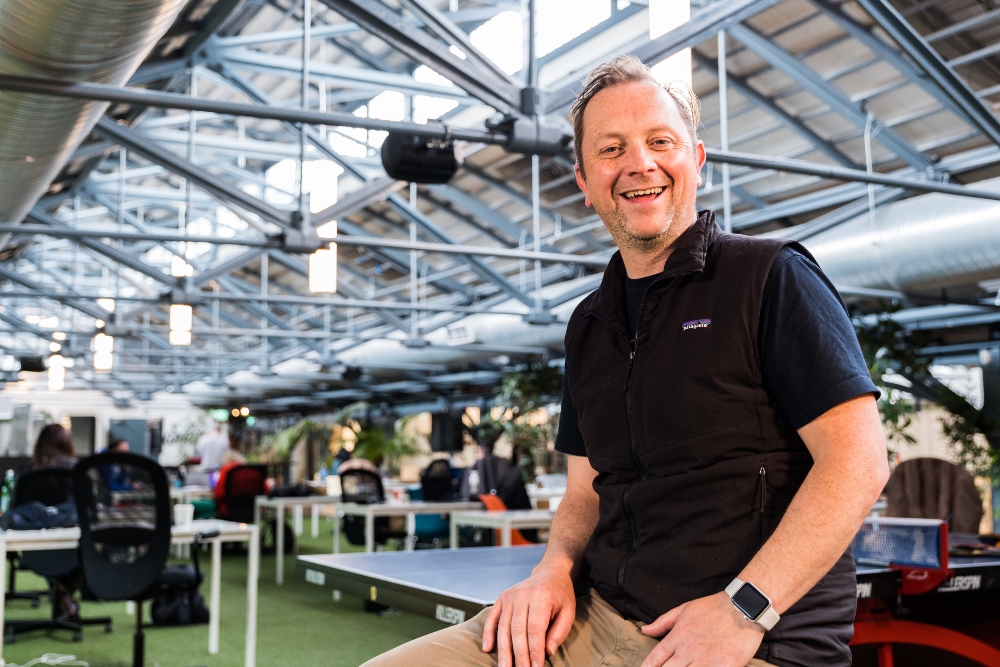Rob Shannon, head of Martinsen-Mayer, talks about his life and business lessons.
Rob Shannon is the managing director of Dublin-based tech recruitment firm Martinsen Mayer, which specialises in helping venture-backed organisations make strategic hires and scale their teams.
Rob, a former lawyer, has been working in the fast-paced world of recruiting for the last decade. He joined Martinsen Mayer in 2014 before buying into the business as a partner alongside Gavin Fox, in 2020.
“I like the target-driven nature of the industry and I like being able to solve problems for people”
Rob focuses on senior appointments within early-stage startups and scaleups. He loves getting to know founders and their stories as well as chatting with investors about what makes them tick on Martinsen Mayer’s Exilio podcast.
Tell us about your background, what journey did you take to arrive at where you are?
I graduated from National College of Ireland in 2005 with a BA in Accounting before embarking on training as a solicitor. I qualified in 2010 but the economy was still reeling from the effects of the last financial crash so I wanted to get into something a bit different. I chose to move into recruitment in 2012 because its sales-like nature suits my personality. I joined Martinsen Mayer in 2014 about a year and a half after it was first founded. In 2020 I became a co-owner, with Gavin Fox, and Managing Director after accepting a buyout offer from the original founder.
Why are you doing what you are doing? What need are you meeting? What’s your USP?
I like the target-driven nature of the industry and I like being able to solve problems for people. I take great pleasure in helping companies that come to us with recruitment needs. The tech industry is really interesting, it moves quickly, and changes constantly so it’s a really exciting space to be working in.
Early-stage, venture-backed startups have a very particular set of needs. Tech company founders are often entrepreneurs with little or no experience of recruiting so, when looking to scale, they benefit from our guidance and support as much as the talent we source for them. As a trusted partner of investors, we are often engaged by them to help their portfolio companies grow.
We are a specialised recruitment firm operating within a well-defined niche so can offer clients a level of expertise and access to developed networks that more generalist recruiters can’t. We can also attract high quality hires because we understand the growth requirements of fledgling businesses and know what it takes to get the required talent onboard.
“I prioritise relationship-building and do so with a no-nonsense approach”
How did you fund and start the business and what are your growth plans?
I joined the business once it had been founded and received initial funding. Growth plans are steady as per market demands. We don’t want to jeopardise our niche but the early-stage, venture-backed tech industry is volatile, so we have to be flexible with our plans.
We are, however, aiming to offer our services in locations other than Ireland. There are countless potential clients that fit within our speciality around the globe in tech hubs like Silicon Valley. We are actively pursuing this avenue and hope not to be limited by geography in the near future.
What are your key skills and qualities that set you apart?
My business reputation is a point of pride and a top concern for me. It drives me into wanting to do a good job and be known as someone who delivers for their clients and partners each and every time.
I prioritise relationship-building and do so with a no-nonsense approach. I champion straightforward, authentic communication in all business interactions, no matter if it’s with co-workers, potential recruits, clients, or investors. Our hook line ‘No bullsh*t – just delivery’ reflects this mindset and, in my experience, it is appreciated and welcomed by others.
What (or whom) has helped you most along the way? Who was your greatest mentor/inspiration?
I’m tempted to mention my business partner Gavin Fox, but he’d remind me of it every day so I’m going to say my Dad, Vincent Shannon. He’s owned a small legal practice for forty years and has shown me what hard work managing a business looks like, and the rewards that come with it. He taught me the importance of working relationships and that being personable matters.
“In life and in business things can and do go wrong, but it’s the way you deal with setbacks that matters and your reaction marks the difference between success and failure”
What was the greatest piece of business advice you ever received?
‘People buy from people! So, you have to get people to like you.’ It’s something I personally, and we at Martinsen Mayer, work hard to do. We want investors and clients to want to work with us, and enjoy working with us, not just look at us as another service provider.
What circumstances/qualities/events can mark the difference between success or failure in life or business?
In life and in business things can and do go wrong, but it’s the way you deal with setbacks that matters and your reaction marks the difference between success and failure. I’m also a great believer in defining and measuring success over the long term rather than over short periods of time.
What was the most challenging aspect of either starting or growing the business?
Trying to build a solid business reputation has been the most challenging aspect. Just getting our name out there to compete in a saturated market has been hard. It takes time to fulfil commitments so showing that clients can trust us to deliver was tough at first.
“Work is such a big part of your day-to-day and whole life, so you should do whatever you can to make sure it brings you happiness”
How did you navigate your business through the pandemic and what lessons did you learn?
The first few months of the pandemic, so early to mid-2020, were pretty scary for every business including ours. We ripped up our budget and were making plans to deal with absolute worst-case scenarios. But the latter part of 2020 actually turned out well for us. The tech industry really stepped up to the plate by providing digital solutions and workarounds that kept the world turning. As the world went online tech companies were hiring in a big, big way so we saw demand for our services increase.
On a personal level, I learned that it’s more important than ever to enjoy what you do. Work is such a big part of your day-to-day and whole life, so you should do whatever you can to make sure it brings you happiness. I think the pandemic made everyone realise that life really is too short to be doing anything that doesn’t bring you joy. As recruiters we’ve certainly seen the effects of this mass reassessment with what’s being called the ‘great resignation’.
How has digital transformation been a factor in your scaling journey and do you believe Irish firms are utilising digital technologies sufficiently?
It hasn’t been a factor for us as we’ve always been a digital-first business.
I think, particularly over the last two years, there has been a greater and more widespread focus on adopting new technologies to make companies run. This is especially true for businesses that have been forced, by lockdowns, to work remotely. Whereas pre-2020 organisations were reluctant and slow to adopt digitalisation, the pandemic actually proved that companies can transition to tech-enabled remote working and maintain, or even improve, on their efficiency and productivity.
If you were to do it all over again, what would you do differently?
Specialise earlier! For the first few years we were trying to do a bit of everything in pursuit of as many clients as possible. Looking back I realise that we should have narrowed down what we did and who we should target much earlier. So, if I were to do it all over again I would definitely find and develop our niche quicker.
“We give people the tools they need to succeed but it’s down to them to use them. Motivation and drive aren’t things you can coach, they come from within”
Who inspires you in business today?
Ryanair boss, Michael O’Leary, in spite of all the criticism he receives, because he’s shown that it is possible to build a successful global business from Ireland. He’s demonstrated that, despite troubling times for airlines, one company can revolutionise the way an industry works.
What advice/guidance do you give new hires and how do you nurture talent in your organisation
I believe that success or failure is down to the individual. In the recruitment industry you get out what you put in, so I tell all new hires that Martinsen Mayer is there to support them but ultimately it’s up to them to decide how successful they want to be. We give people the tools they need to succeed but it’s down to them to use them. Motivation and drive aren’t things you can coach, they come from within.
What business books do you read or would recommend?
I read Nike creator Phil Knight’s memoir Shoe Dog recently. I’d recommend it to any founder because it spells out just how hard a slog getting a business up and running is, and how close any organisation can get to collapsing in their early days, even ones that ultimately become industry-leading, globally recognised brands.
It’s also a great example of the power that belief and determination hold. Phil Knight wanted to build great products and a great company, and it was that ethos kept him going through the tough times. You just have to look at Nike today to see how that mindset paid off.
What technologies/tools do you use personally to keep you on track?
We use the Google suite of productivity apps extensively. We also use Pipedrive, a customer relationship management (CRM) tool to keep track of our activities.
“I don’t have any regrets about the path I’ve taken but I would tell myself that it’s not a job title or well-paid position or a healthy bank balance that will actually make me happy. Instead, I would tell myself to measure success by the level of satisfaction and enjoyment I get out of both my career and life in general”
What social media platforms do you prefer and why?
I’m on LinkedIn every day, it’s my go-to social media platform. Having and maintaining a profile on Linkedin is part of the job for me. Without LinkedIn I don’t think we’d be able to do our job as effectively as we can with it.
What are your thoughts on where technology overall is heading and how it will apply to business generally and your business particularly?
Over the last few years we’ve seen that businesses in all industries have to embrace and adopt technology to a certain extent. We’ve seen that companies who use software to run their services work much more efficiently so the growth and adoption of technology is only going to increase.
With tech like Zoom and Google Meet we can easily build relationships with anyone regardless of their location. Previously we all relied on in-person meetings which meant smaller companies, whose budgets couldn’t accommodate costly travel expenses, were almost confined to a local area. Now, whole teams can successfully operate remotely and are not limited by geography. It means businesses at all stages and all sizes can source talent and clients from a much bigger pool. In my opinion we’ll see much more of this borderless way of working.
Finally, if you had advice for your 21-year-old self – knowing what you know now – what would it be?
I’d tell my 21-year-old self to use my 20s to learn and grow as a person before worrying about life and finances. Knowing what I know now I’d tell myself to really think about what a ‘successful’ career and life means and what it would look like. I don’t have any regrets about the path I’ve taken but I would tell myself that it’s not a job title or well-paid position or a healthy bank balance that will actually make me happy. Instead, I would tell myself to measure success by the level of satisfaction and enjoyment I get out of both my career and life in general.






